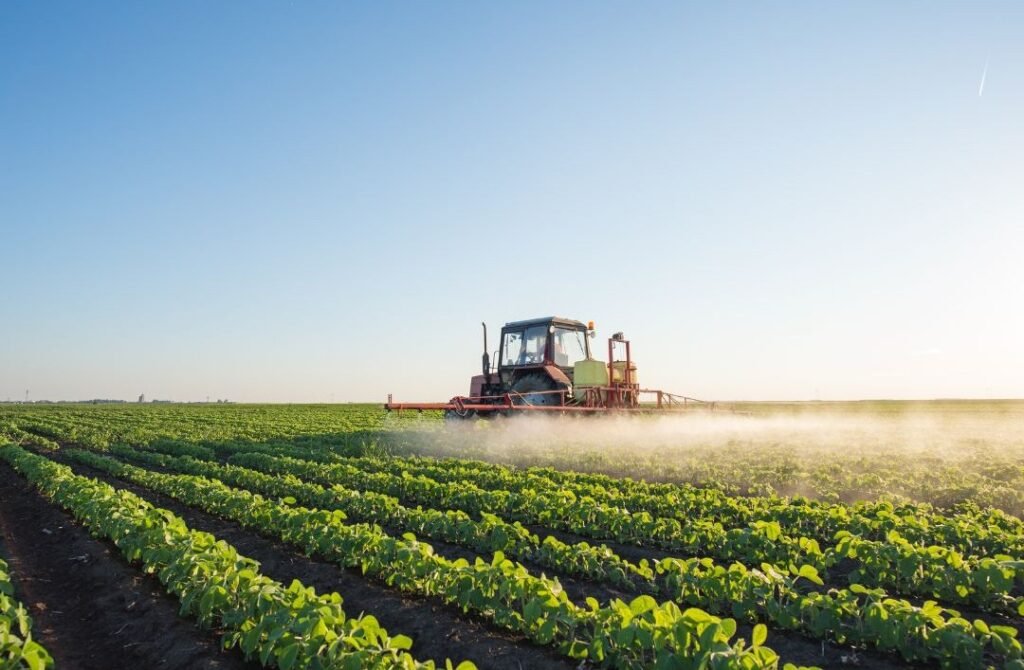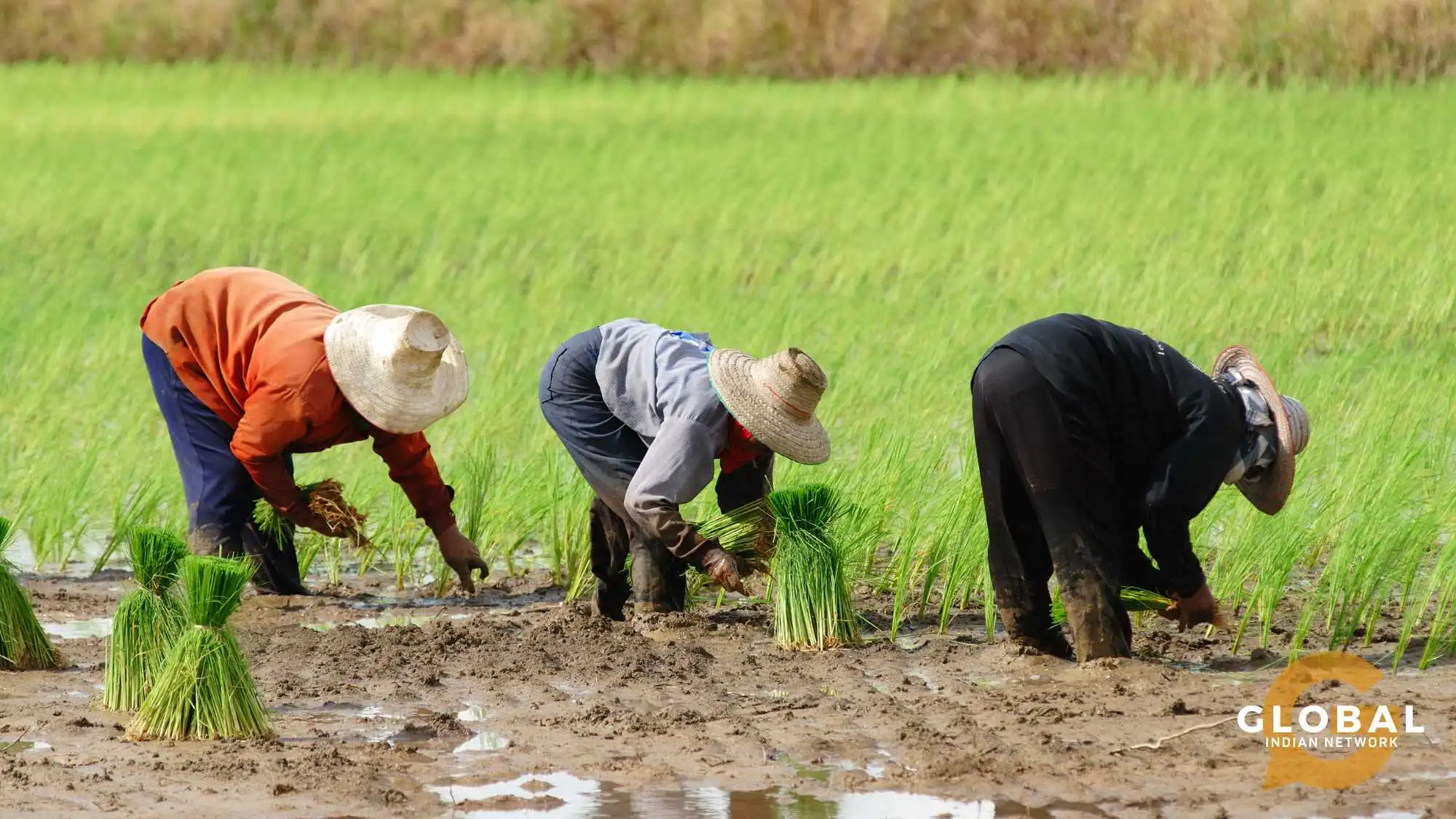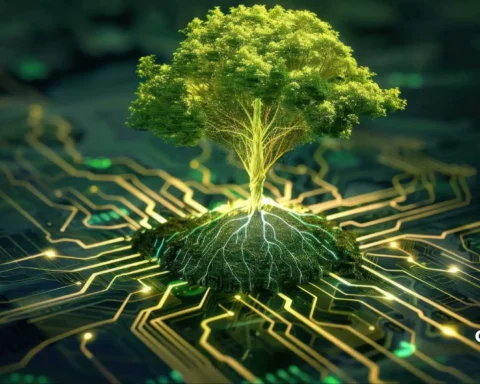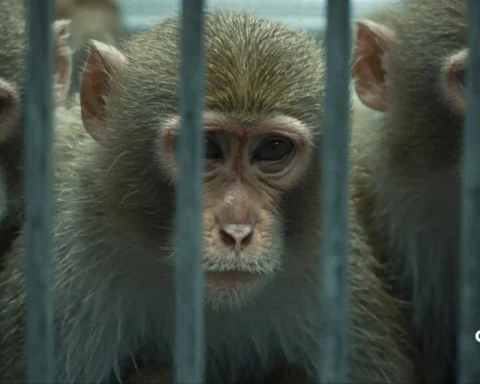Depending on the advantages and disadvantages of conventional farming, food quantity and quality are affected. Farming practices also affect the livelihood and health of farmers and the environment as a whole. Therefore, it is important to know about the pros and cons of conventional farming and evaluate it according to the standards of organic farming.
After that, it will be essential for us to know which type of farming is sustainable for future use.
Table of Contents
What is Meant by Conventional Farming?
Conventional farming is a type of farming that uses technological innovations, synthetic fertilizers, pesticides, herbicides, and high-yield hybrid crops to ensure maximum yield and profit at minimum costs. Though the characteristics differ from one farm to another, these are some common characteristics.
Generally speaking, conventional farming focuses on monocropping, or the practice of growing a single type of crop on a single piece of land. Monocropping is advantageous because it simplifies cultivation processes, reducing labour costs. However, it also has drawbacks, as monocropping makes farms more vulnerable to disease outbreaks due to the lack of other plants that stand as buffers.
Thus, from the above points, it can be derived that conventional farming has advantages and disadvantages. Let us now consider the advantages and disadvantages of conventional farming.

What are the Advantages and Disadvantages of Conventional Farming?
Advantages
Conventional farming is the predominant form of agriculture, especially in India. Therefore, it is important to know its advantages.
- Higher Yields: Conventional farming methods use synthetic pesticides, fertilizers, etc., which ensure greater crop productivity and control pests in farms.
- Less Expensive: This type of farming incurs fewer costs because the synthetic inputs it uses are cheaper.
- Greater Accessibility: Since conventional agriculture is more common, the products used in this type of farming are easily accessible.
- Efficient Land Use: Conventional farmers have an added advantage because this type of farming allows them to grow more crops per acre of land.
- Sustainability: Conventional farming methods use drip irrigation and other water-saving technologies, and they can be considered more sustainable, at least in this case.
Disadvantages
Apart from the advantages of conventional farming, one also needs to focus on its disadvantages.
- High Consumption of Time: Conventional agriculture takes more time to harvest crops.
- High Price: Due to more time consumption, the crops are grown at a higher price.
- Risk of Soil Disease: Crops are at risk of contracting soil disease.
- Poor Quality of Plants: Since chemical fertilizers and other artificial chemical inputs such as pesticides are used, good-quality crops are not grown.
- Injurious to Small Farmers: Small farmers will have limited room for expansion because the larger farming corporations will dominate the business, leaving other industries behind.
- Health and Environmental Threats: Conventional cash crop farming pollutes the environment because artificial fertilizers and pesticides release byproducts.
After learning about the advantages and disadvantages of conventional farming, let’s learn about the modern farming practice, which is organic farming.
What is Meant by Organic Farming?
Organic farming is a method of farming that focuses on sustainable agriculture. It uses natural processes to grow crops. Organic farmers avoid synthetic inputs and chemical products in their practices. This will ensure reduced air and water pollution and lower greenhouse gases in the environment.
Organic farming systems produce higher levels of antioxidants in foods, which is viable given people’s growing health consciousness. Organic agriculture creates a system that is beneficial for both the land and the consumers.

What are the Advantages and Disadvantages of Organic Farming?
Organic agriculture relies on natural inputs and methods of farming, making it sustainable for the environment. However, certain challenges are difficult for organic farmers to overcome. Let us discuss the advantages and disadvantages of organic farming practices one by one.
Advantages
The advantages of organic farming are as follows:
- Diversity in Crop Production: Organic farmers raise crops apart from cash crops, such as heirloom vegetables, which can be sold at higher prices throughout the year.
- Sustainable Development: Since organic farming methods do not focus on large short-term gains, they preserve natural resources. At the same time, they assist in developing sustainable food chains that are required to meet growing demands.
- Higher Crop Yields using Organic Inputs: Organic inputs such as natural fertilizers like green manure, compost application, and cover crops ensure soil stability and reduce pests, weeds, and other potential hazards, leading to production efficiency.
- Environment Friendly: Organic production has environmental benefits, as organic materials are used. Moreover, organic methods, such as manual labour, are used more than mechanical instruments.
- Insect Pollinators: In this type of farming, synthetic inputs are avoided, as they harm pollinating insects like honey bees.
- Healthier Work Environment: Local communities and organic farmers are not exposed to synthetic chemicals, so they are not prone to neurological illness or chronic weariness, thus ensuring human health.
Disadvantages
- Lack of Infrastructure: Organic producers use the same industrial transportation technologies as cash crop farmers, leading to the same environmental damage.
- Strict Certification Process: Organic foods undergo a certification procedure to adhere to industry standards and qualify as organic.
- Lack of Sufficient Support: There are no direct payments for inflating pricing systems and artificial techniques to increase yields, so organic farming systems become financially difficult to sustain.
- Use of Fungicides: Fungicides and insecticides, which are also used in organic farms, are hazardous because they are a repeated application of agricultural chemicals that conventional farmers use.
- Market Challenges: Unlike traditional farming methods, which have an established market where the farmers sell crops and agricultural goods, farmers producing organic products face challenges in selling them.

Which Type of Farming is Sustainable for the Future: Conventional Farming or Organic Farming?
It is very difficult to answer which type of farming is sustainable for the future because there are both advantages and disadvantages to conventional farming and organic farming. They both have certain merits and challenges regarding crop yields, environment, production costs, agricultural inputs, and so on.
Experts suggest that instead of one type of farming, combining both can be a better and sustainable approach to agriculture. Integrating the best practices of traditional and organic farming can promote a resilient and high-quality food system.

Conclusion
It can be concluded that despite the advantages and disadvantages of conventional farming and organic farming, farmers need to integrate agricultural practices, keeping in mind the individual priorities, values, and circumstances that will be best suited to each country.
Striking the balance between both might be difficult, but it is important to do so while keeping in mind the population’s growing demands and environmental concerns.
FAQs
What are the Advantages of Conventional Cultivation?
The advantages of conventional cultivation are higher yields, less expensive agricultural inputs, greater accessibility, efficient land use and sustainability.
What are the Negative Impacts of Chemical Pesticides?
The negative impacts of chemical pesticides are that they cause soil erosion and decrease food quality.
What are the Disadvantages of Conventional Cultivation?
The disadvantages of conventional cultivation are high time consumption, high price, risk of soil disease, poor quality of plants, and health and environmental threats.









